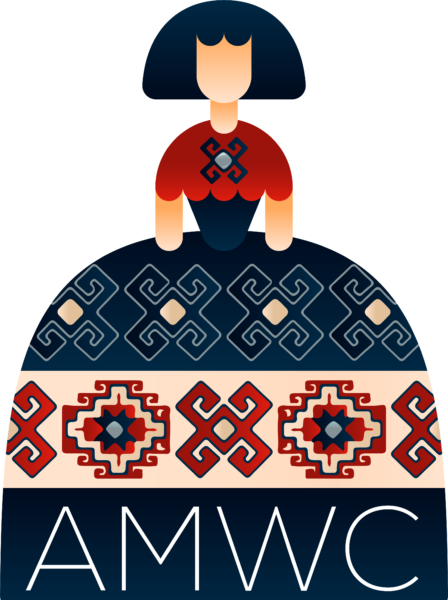Scientific sections
- Mental health
- Infectious Disease
- Professional Medical Associations
- Immunizations
- Screenings
- Cancer Prevention & Treatment
- Gynecology, Maternal and Child Health. Adolescent Health
- Geriatry, chronic diseases
- Cardio-metabolic risk prevention
- Pharmacology, drug safety and inspection
- Addictions: tobacco, alcohol, drugs etc. Incidence and preventive measures. Healthy lifestyle.
- Medicolegal revision of the laws concerning to healthcare
- Oral health
1. Coronary Artery Disease: acute and chronic
2. Stroke
3. Pulmonary Embolism.
4. Myocardial disease and heart failure: acute and chronic
5. Rhythm disorders
6. Valvular disease
7. Aorta
8. Diabetes Mellitus, Hypertension and Dislipidemia. Obesity
9. Peripheral artery disease
10. Others
1. Breast cancer
2. GI cancer
3. Head and Neck cancer
4. Skin cancer
5. Genitourinary
6. Pediatric Cancers
7. Nursing in cancer care, patient advocacy
8. Rare cancers
9. Neuro-Oncology
10. Advanced cancer therapy
11. Palliative care
12. Mental health of cancer patients and caregivers
13. Dentistry
- Genetics
- National E-health programs, current status, ways to develop
- Healthcare applications, telemedicine platforms
- AI in medicine (hybrid session, including non – medical specialists)
- Transplantology in Armenia: current status, legal issues, ways to develop
- Robotics in Healthcare
- Medical gadgets and devices in healthcare
- Combat Medical Care
- Healthcare at the time of catastrophes: earthquake, massive fires, flood etc.
- Trauma surgery and Plastic and Reconstructive Surgery
- Post-trauma rehabilitation of patients, new devices and gadgets
- PTSD in servicemen and in population, ways of psychiatric rehabilitation
- Disaster Medicine and the Humanitarian Perspective
- Organisation of health care during a crisis and in a war. Civilian-military cooperation and evacuation among countries
- Patient care in emergencies and preparedness for nuclear, biological and radiation threats
- Using blood preparations in crises
- Actual situation of Emergency Medicine in Armenia, and abroad. Problems and perspectives.
1. Emergency medicine at regional level
2. Use of telemedical platforms to improve healthcare in rural and peripheric areas.
3. Health insurance, perspectives in Armenia, experience of other countries
4. Healthcare system models
1. Actual state of medical education in Armenia and worldwide. Equivalency of education, ways to improve.
2. Postgraduate medical education. Are we prepared to respond modern challenges?
3. Online platforms as an integrative component of all educational systems. International colaborations.
4. Integration of virtual reality, AI and robotic technologies into simulator labs for undergraduate and postgraduate medical education.
5. International collaboration with other medical universities/faculties.
6. Principles of evidence- based medicine.
7. How to edit and submit articles to peer reviewed journals
8. Basics of research and investigation projects in healthcare
